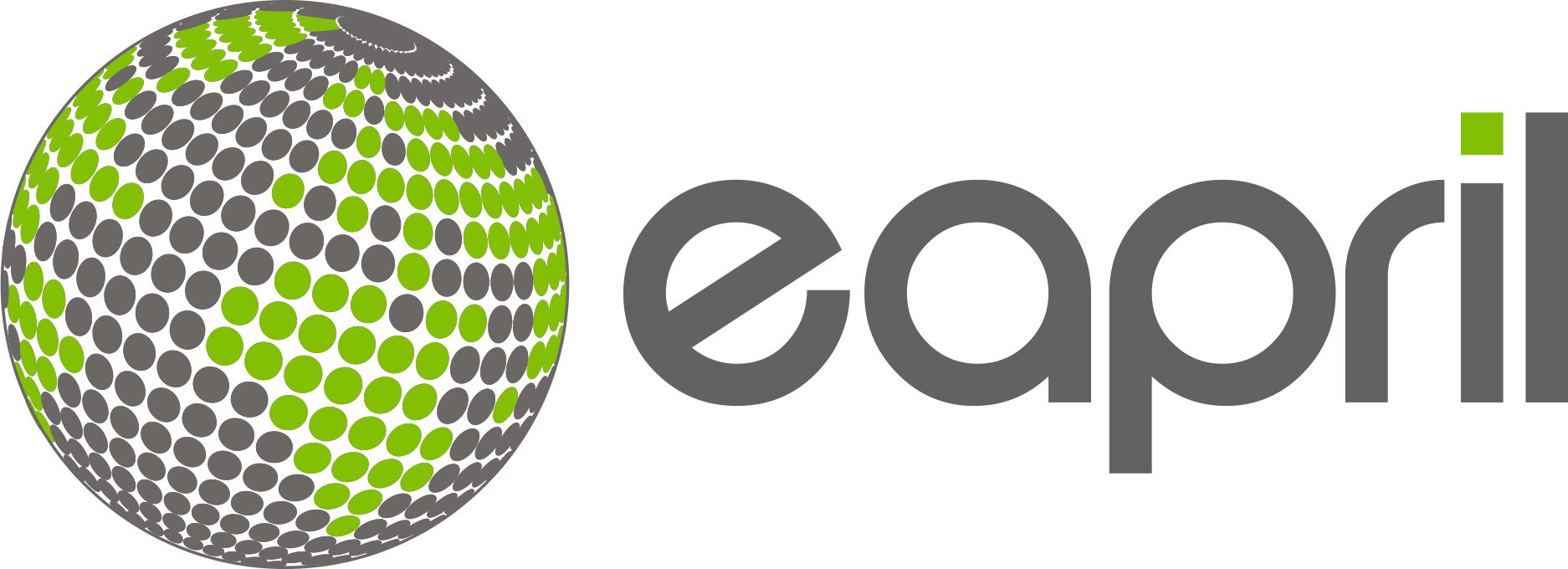written by Prof. Karen Seashore Louis, University of Minnesota (USA)
I have had a circuitous journey to a presentation that will focus on how dynamic and positive relationships support teachers and students. In the early 1990s, I challenged my teacher, school leader, and scholarly colleagues to reconsider almost everything that was being written about school improvement, arguing that “most of what we know … falls into a paradigm that might be best called managed change, whether it involves engineering a planning process, an organization chart, people or power.” [1] Instead, based on intensive qualitative work in US secondary schools in challenging circumstances, my colleagues and I claimed that real improvement over the long haul was messy, uncertain, and more like a braid, in which good ideas became blended and interwoven with a school’s culture and current practice.
That insight may seem obvious to many of us now – but what has happened in the interim to make it appear so?
First, through the 90s, it became obvious that calls for “teacher professionalization” could not be fully addressed by promoting more rigorous preparation (controlling input) and evaluation (controlling outcomes). Instead researchers and professional groups pointed to the importance of teacher agency and teacher leadership in improvement. We also began discussing two important ideas: First, in schools that appeared to be on an improvement track, teachers worked together and shared ideas rather than focusing solely on their own classrooms. These began to be labeled professional learning communities (or PLCs). Second, in schools where teachers viewed their principal as less competent or effective, these dynamic relationships rarely took root.
In the late-1990s, my university colleagues asked me to develop an advanced graduate course focusing on school leadership. I responded, “I can’t – the research is too weak.” Shortly thereafter, however, investigating leadership in school settings became an important topic – mostly, in my view, because we began talking to teachers about their leaders and their school cultures rather than relying on self-reports from principals or school board members. In addition, Peter Senge’s influential work on organizational learning cultures spread beyond the business sector and reshaped our mental images of what a dynamic and improving school could look like. Even a few years in to the 21st century, my class, “Learning about Leadership”, took off and national and international congresses increasingly had a robust stream of presentations discussing the role of leaders in supporting schools as dynamic professional learning environments. The belief that teachers created new knowledge as well as using knowledge developed elsewhere found deep roots in teacher networks and among “begeleiders” (The Dutch equivalent for advisors) people helping schools to support change.
So, in my view, several important questions have emerged that need more attention from “engaged scholars” (who keep a firm foot in the realities of life in schools) and “scholarly practitioners” (who pay attention to the integration of research with professionally based knowledge). I won’t enumerate them all, but I have been increasingly concerned with how we can best understand how emotions, values, and relationships among adults in school foster the kind of dynamic environments that create the ground for individual and collective experimentation and improvement. Much of this work is stimulated by research on organizations and leadership outside of education, but it is easily integrated with what we already know about our best schools. In addition, while we are obligated to focus on how we can create community and belonging for both adults and students – the sense of safety that allows us to try new things and change – we must also pay more attention to who may be left out when community and belonging become a priority.
[1] Keynote presentation at the 1993 International Congress of School Effectiveness and School Improvement, January 1-3, Norrkoping, Sweden.
Karen Seashore Louis is s the Rodney Wallace Professor of Educational Policy and Administration at the University of Minnesota–Twin Cities. Her research centers on school improvement and reform, school effectiveness, leadership in school settings, and the politics of knowledge use in education. A past president of Division A of the American Educational Research Association (AERA), she is a widely published author in the field. She has received numerous awards, including the Lifetime Contributions to Staff Development award from the National Staff Development Association (2007), the Campbell Lifetime Achievement Award from the University Council for Educational Administration (2009), and a Life Member designation from the International Congress for School Effectiveness and School Improvement.
At the EAPRIL 2021 online conference Karen Seashore Louis will give a keynote speech during the Cloud 12 Spotlight Session: The significance of positive school leadership for school improvement & professional learning on Wednesday November 24th from 15:45 - 17:15 CET (Session C). You can find more information about her speech here.
Share this post
About the author
Lorem, ipsum dolor sit amet consectetur adipisicing elit. Doloribus incidunt esse labore sint, sequi commodi reprehenderit quos dicta nesciunt quasi tempora nobis amet tenetur suscipit quisquam adipisci minus autem fuga.
